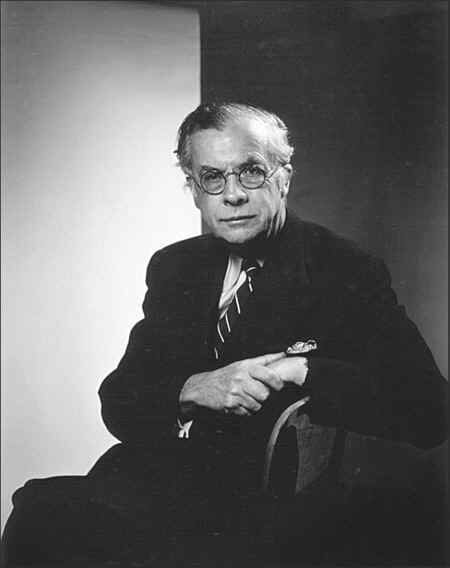| The Integration Website Co-Developing the Noosphere |
| The Integration Website Co-Developing the Noosphere |
 Julian HUXLEY
Julian HUXLEY
LIFE
1887 - 1975
English biologist and writer, educated at Oxford; grandson of Thomas Henry Huxley. He taught at the Rice Institute, Houston, Tex. (1912 - 16), at Oxford (1919 - 25), and at King’s College, London (1925 - 35). Secretary (1935 - 42) of the Zoological Society of London. From 1946 to 1948 he served as the first director-general of the United Nations Educational, Scientific, and Cultural Organization (UNESCO).
(photo Paul Bishop 1951)
THEORY
Huxley was a far more innovative thinker than is generally recognized today, even by humanists. Although he was one of the foremost biologists of his time, his most important contributions had to do not primarily with genetic evolution but with that of culture, and with the interrelationships between the two processes. Today we are accustomed to the concept of interactive, feedback systems; and to scientists at the forefront of physics, engineering, neuro- and cognitive-psychology and evolutionary theory conceptualizing their theories in terms of these. But few of the people concerned are aware that it was Julian Huxley who laid much of the groundwork for this type of thinking. He did this by spelling out the critical evolutionary role of "emergence": the process by which an accumulation of quantitative changes could somehow set the stage for the triggering of a seemingly qualitative transition in the nature of patterns of interaction.
Huxley was perhaps the first evolutionary theorist to recognize the reality and causal significance of human society and culture: a reality which materialism - by the very nature of its premises - is forced to ignore. He concluded 'that in the future it would be cultural factors, rather than biological, which would determine the direction for evolution.
As for Huxley's belief that evolution is progressive in nature, he did employ the concept, but in a carefully defined and limited way.
Huxley was maintaining that humankind must attempt to achieve a unity of knowledge. According to him, the only potentially universal type of knowledge is scientific, in the broad sense of resting on verified observation or experiment, it follows that this unity of knowledge will only be attained by the abandonment of non-scientific methods of systematizing experience, such as mythology, superstition, magico-religious and purely intuitional formulations. He then went on to list the most important ideas on which the unified system must be based. These were: (1) the unity of nature, as opposed to all forms of dualism; (2) all nature as process, to be explained by evolution rather than any static mechanism; (3) evolution as directional, but only in the sense that it generates greater variety, complexity and specificity of organization - even though this may often lead into dead-ends; (4) evolutionary advance as defined in terms of the realization of new possibilities in nature; and (5) an evolutionary view of human destiny, with humankind recognized as the chief instrument of further evolution, as against all theological, magical, fatalistic or hedonistic views of destiny.
(adapted from Humanists' net ).
WORKS
A gifted exponent of science, his writings include Essays of a Biologist (1923), Animal Biology (with J. B. S. Haldane, 1927), Religion Without Revelation (1927, revised 1957), 'The Tissue-Culture King' (1927), The Science of Life (with HG Wells - 1931), Scientific Research and Social Needs (1934), Thomas Huxley’s Diary of the Voyage of H.M.S. Rattlesnake (1935), We Europeans (with A. C. Haddon, 1936), The Living Thoughts of Darwin (1939), The New Systematics (1940), Evolution: the Modern Synthesis (1942), Evolutionary Ethics (1943), Touchstone for Ethics (1947), Man in the Modern World (1947), Heredity, East and West (1949), Biological Aspects of Cancer (1957), Towards a New Humanism (1957), New Bottles for New Wine (1958), The Humanist Frame (1962) elaborated to Essays of a Humanist (1964), From an Antique Land (1966), The Courtship Habits of the Great Grebe (1968), and Memories (2 vol., 1971 and 1974)
Intro - Homepage - Spirituality - Visionary Gallery - Feedback